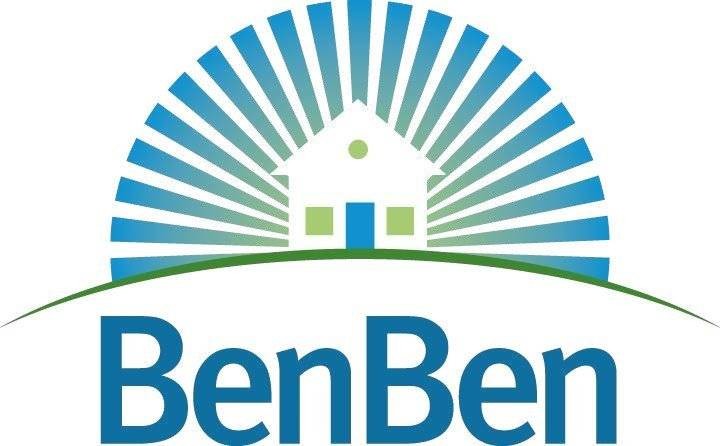
Gamechangers: Wala
This is my dream job. If I wasn’t building Wala I’d be building another company, solving another problem
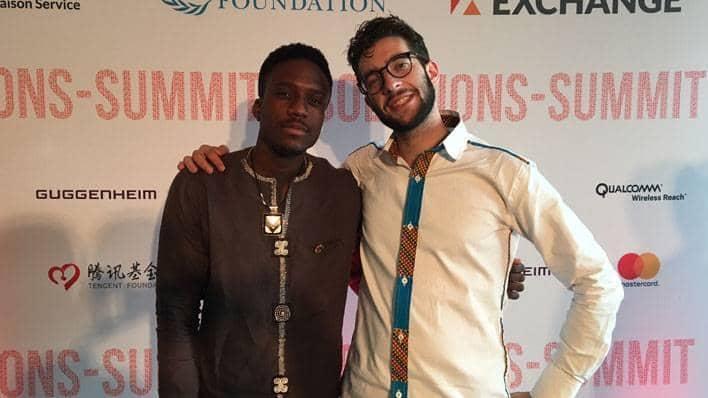
Can you tell us about your business? By using the blockchain technology, BenBen is looking to transform the way that land titles and their associated registries are recorded. Our product is a solution that will allow governments to convert physical land titles into digital records which are secure, transparent and easily accessible.
We believe that by creating a digital land registry on the blockchain, we will be able to release some of the $20 trillion worth of trapped land capital around the world. This is due to the lack of trust in and corruption of land records.
We are starting in Ghana because of our personal connections there. However, we believe our business model could be replicated in other developing countries. Many countries could reap the benefits of property and land investment which is done in a secure and trusted way.
Where did the business idea come from? My co-founder Emmanuel Noah and I met at the University of Michigan where I was the founder of the university's student Blockchain Club. Emmanuel grew up in Ghana and saw that locked land caused significant disputes for families, local authorities and the government. We created BenBen as a solution to this very personal issue.
After completing an internship at the Land Commission, Emmanuel gained some great connections. He saw first hand how the government was working in this space and what mechanisms were needed to create change. Previous efforts had been made to invest in digitalising land records but none had really worked.
Why did you choose to use the blockchain? Essentially, we are using the blockchain as a clever way to store land information, which in turn is creating a powerful source of revenue for the government.
There are two key functionalities of the blockchain that we use at BenBen. Firstly its database technology has enabled us to safely store land records in a cloud-based environment. This gives us the ability to efficiently issue information to different outlets and people. There are a lot of parties involved in land records in Ghana; traditionally getting information from paper records have taken up to as much as two years. Our product streamlines this process to allow almost instant access to authorised personnel.
The second function is its smart contract capabilities. This ensures land records don’t get lost or inappropriately changed. It can also facilitate digital transactions, mortgages and title transfers. Our ultimate goal is to explore smart mortgages, which would enable faster transactions, less paperwork and greater access to financial services products.
What is the potential of the blockchain? The potential of the blockchain goes far beyond what we are working on within the land registry space. We see the blockchain as a platform that can support registries across multiple geographies and stakeholders, allowing transparency and accountability via digital stamping.
Our goal is to raise the level of understanding around the blockchain here in Ghana. However, this education piece extends much further, as the technology is novel and not well understood around the world. We believe that this will change over the next 10 years and the blockchain will become much more universally accepted and used.
We are watching closely the emergence of private blockchain platforms which are being explored by major corporates, including Amazon Web Services, IBM and Microsoft who are launching their own blockchain offerings.
What’s next for the company? We are about to launch a pilot in two neighbourhoods in Accra. We have the full support from the National Chairman of the Land Commission who has recently signed a letter of intent. The government is very curious and excited about the potential of blockchain, and indeed BenBen.
We work hand in hand with the government, and spend each day in the Land Commission office to ensure our systems run in tandem with their paper systems. We realised early on we needed to work together - we’re not looking to replace or duplicate them.
We hope the additional funds that are generated from our work will help further digitalisation projects. As more people see the efficiencies and investment we have created from the pilot areas, further efforts will be made to transition from paper systems to digital systems across an array of government departments.
What did you get out of your time in the Barclays Accelerator programme? We entered the Accelerator at a very early stage in our journey. The programme provided us with multiple mentors, from Barclays executives to industry leaders, who assisted us in narrowing our focus, developing our product, and acquiring our first client in Barclays Ghana.
We left the programme with a clear focus and goal as we look to officially launch the business. We were so proud to have participated in it and will take what we have learnt to grow and evolve.

This is my dream job. If I wasn’t building Wala I’d be building another company, solving another problem
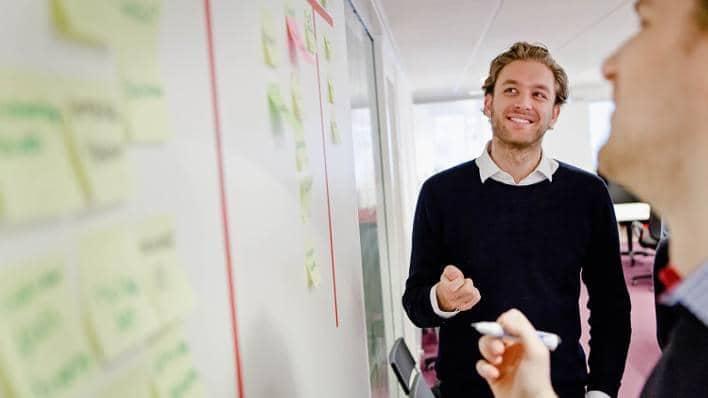
Safello enables the public to buy and sell bitcoins through an online marketplace, powered by blockchain technology
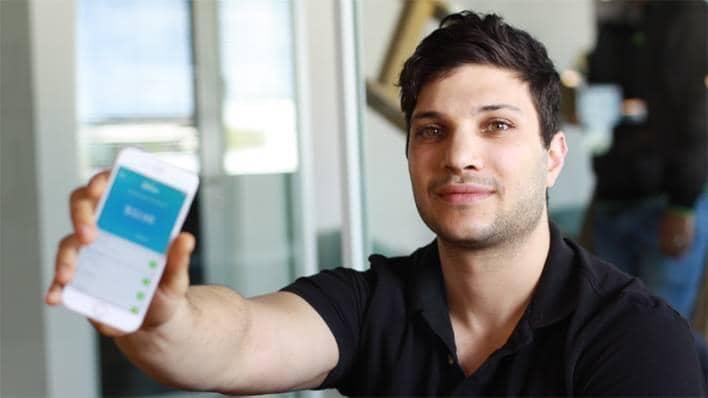
I wanted to create a method that allows people to donate to their charity of choice as easily as possible
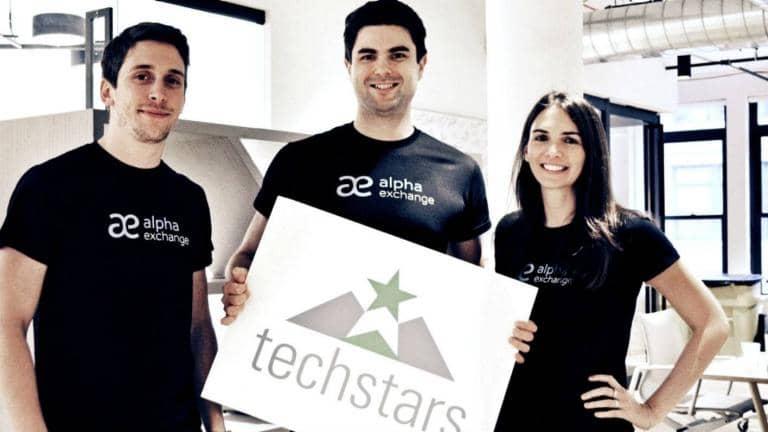
Alpha Exchange is an intelligence network that helps asset managers and institutional investors cut through the market noise and make better informed financial investment decisions
